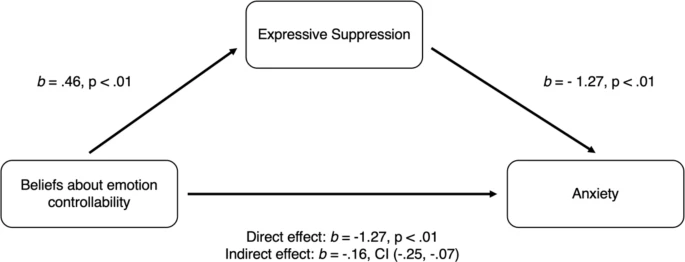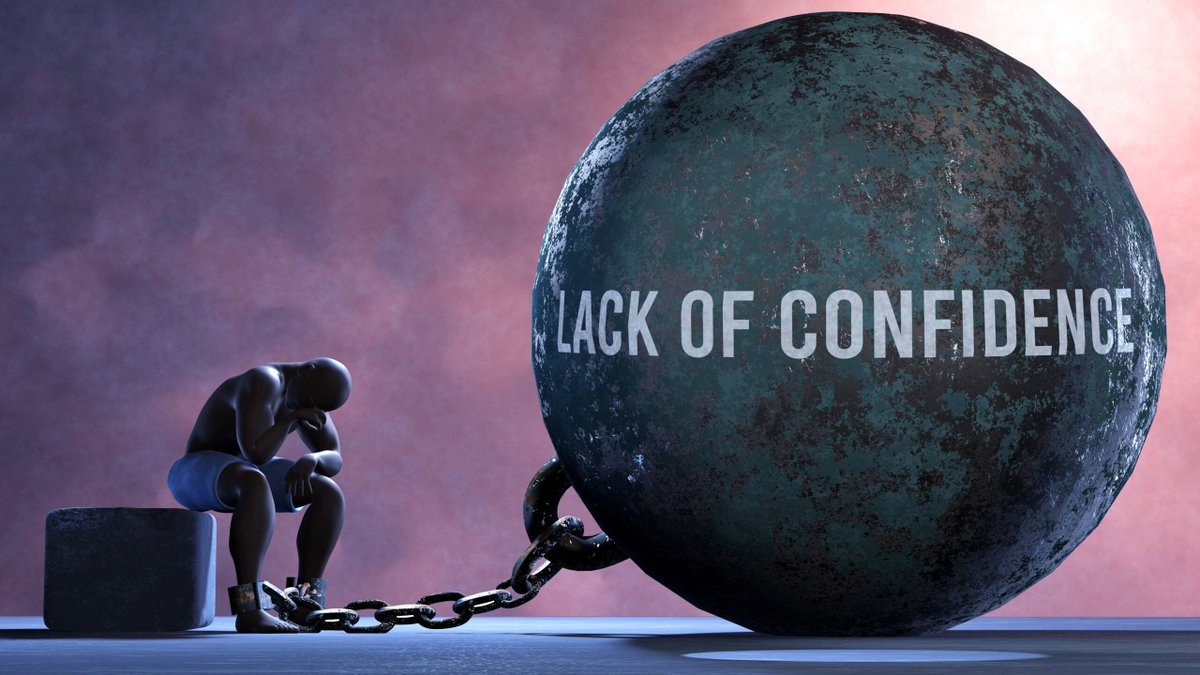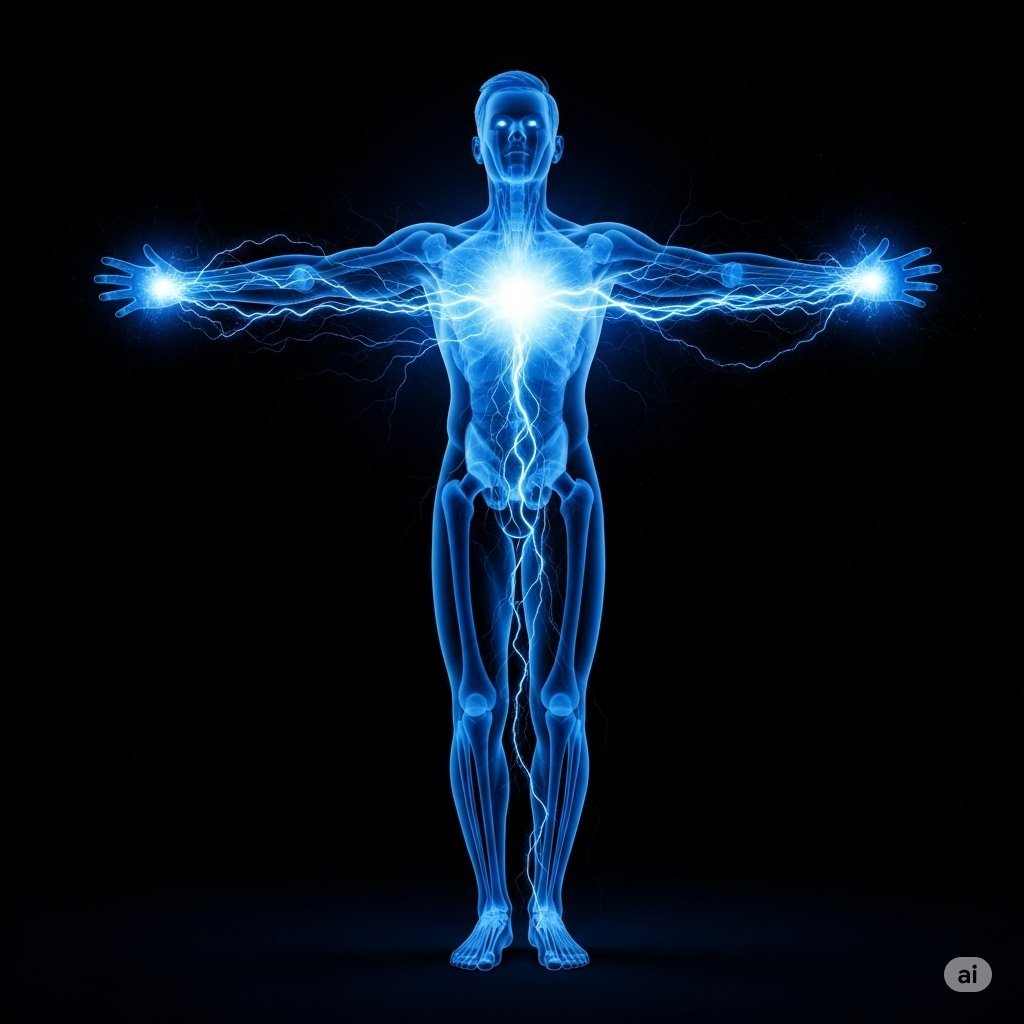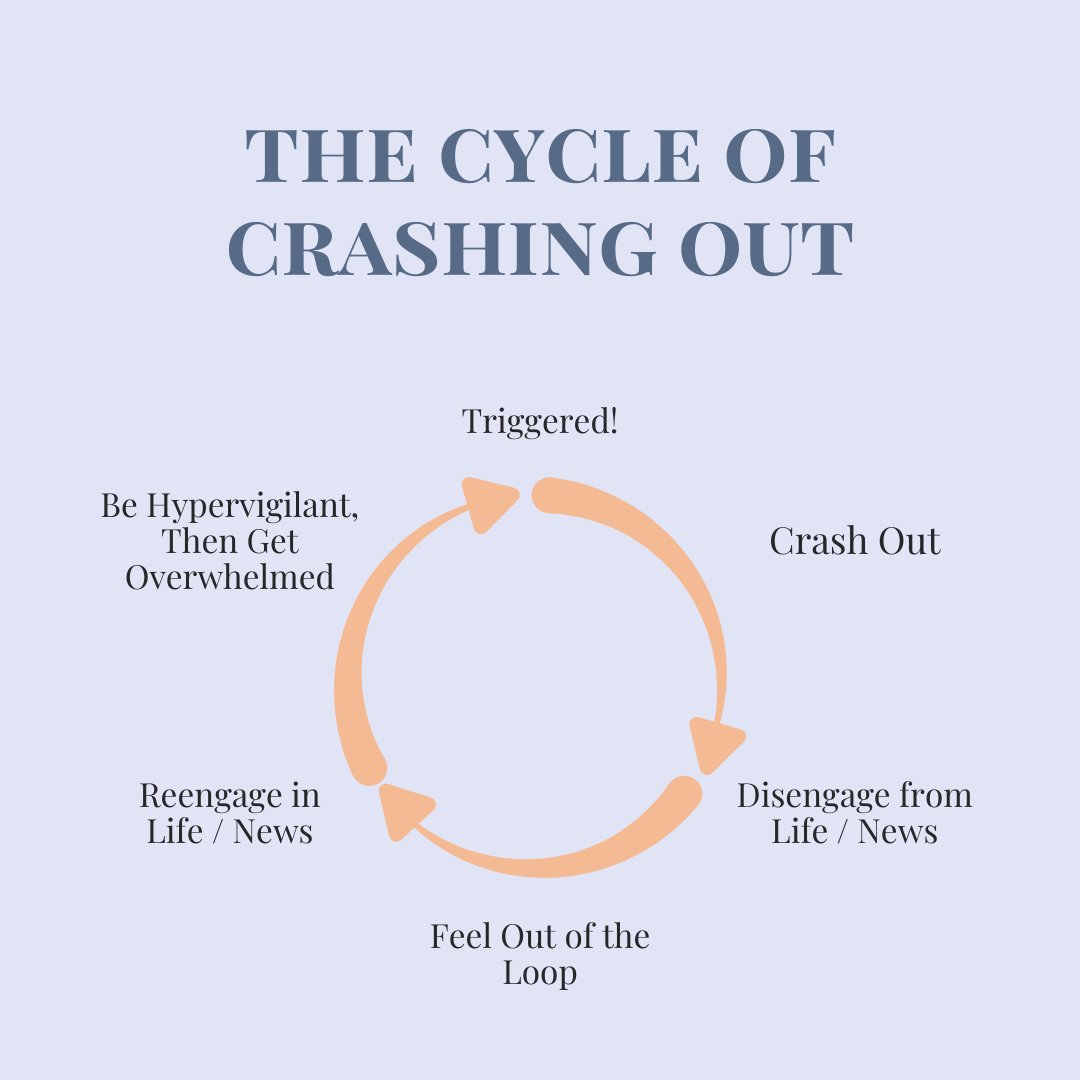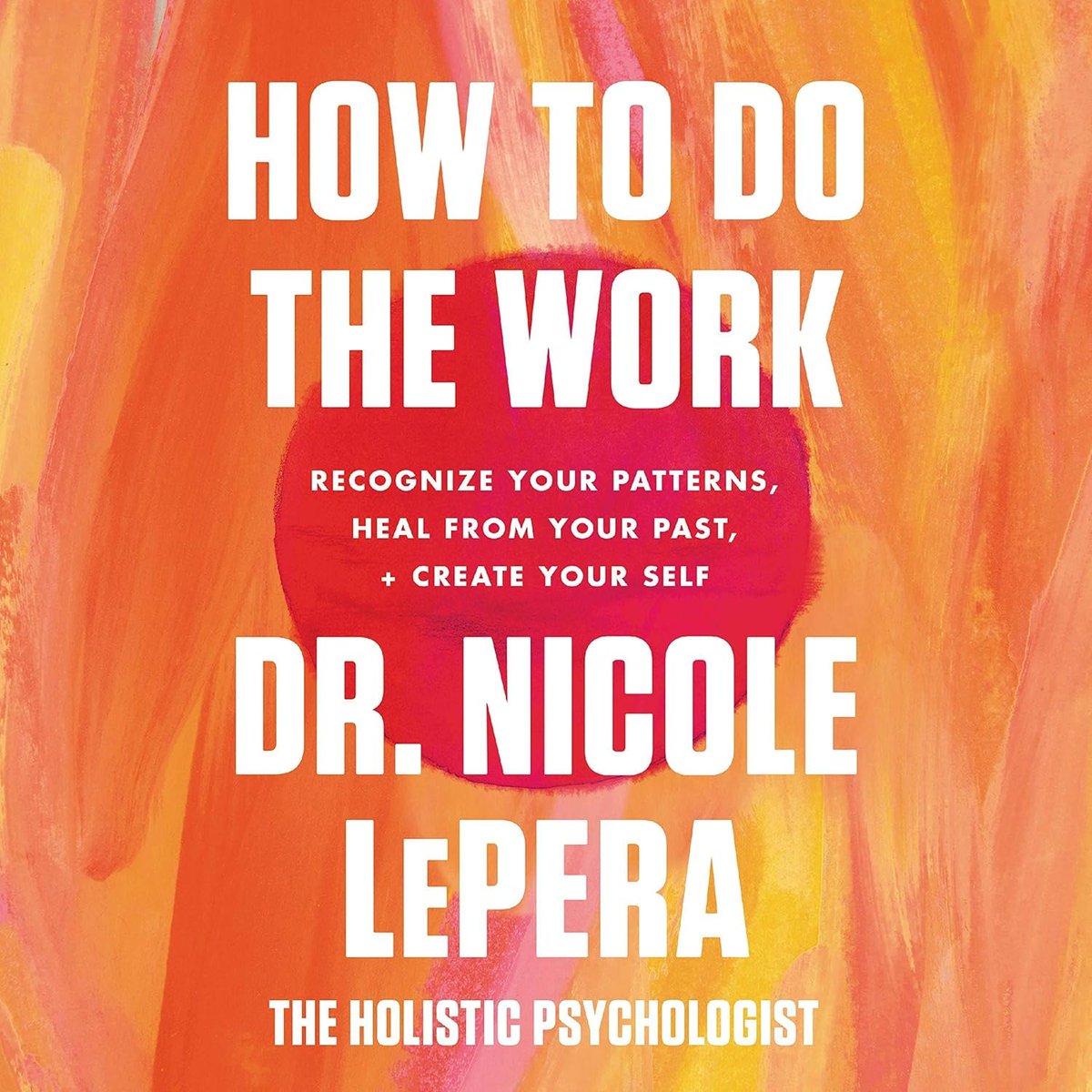I was obsessed with getting people to love me.
Romance. Validation. Attention.
None of it ever filled the hole.
So I studied it—deeply.
Trauma, addiction, attachment.
And I found a way out.
Here’s how. 🧵 (by a PhD psychologist)

Romance. Validation. Attention.
None of it ever filled the hole.
So I studied it—deeply.
Trauma, addiction, attachment.
And I found a way out.
Here’s how. 🧵 (by a PhD psychologist)


Someone once asked me,
“Do you plan to suction love for the rest of your life?”
It hit like a slap.
And then it cracked me open.
I cried for two hours straight.
It was the first time I met the wound underneath it all:
Abandonment.
“Do you plan to suction love for the rest of your life?”
It hit like a slap.
And then it cracked me open.
I cried for two hours straight.
It was the first time I met the wound underneath it all:
Abandonment.
Over 40% of people report feeling chronically lonely—even in relationships.
I was one of them.
I chased relief in romance, alcohol, achievement.
But the deepest pain—the one that nearly killed me—
was emotional dependence.
Not love.
Need.
Dr Alex Howard
I was one of them.
I chased relief in romance, alcohol, achievement.
But the deepest pain—the one that nearly killed me—
was emotional dependence.
Not love.
Need.
Dr Alex Howard
Trauma isn’t just what happened.
It’s what we never got.
Neglect. Enmeshment. Emotional absence.
Dr. Gabor Maté calls it “the wound of not being seen or known.”
The body remembers it all—until we’re ready to feel.
It’s what we never got.
Neglect. Enmeshment. Emotional absence.
Dr. Gabor Maté calls it “the wound of not being seen or known.”
The body remembers it all—until we’re ready to feel.
As children, we can’t make sense of chaos.
We internalize it:
“If they’re angry, it must be my fault.”
“If they leave, I must not be lovable.”
This is where shame begins.
And shame stays in the body until we do the deep healing work to let it go.
We internalize it:
“If they’re angry, it must be my fault.”
“If they leave, I must not be lovable.”
This is where shame begins.
And shame stays in the body until we do the deep healing work to let it go.
Dr. Brené Brown defines shame as
“the intensely painful belief that we are unworthy of love and belonging.”
It lives quietly.
But it runs the show.
“the intensely painful belief that we are unworthy of love and belonging.”
It lives quietly.
But it runs the show.
Dr. John Bowlby’s attachment theory says:
“If a child is raised with fear or rejection, they will unconsciously seek out more of the same.”
It’s why we keep choosing people who trigger our deepest wounds.
It’s not weakness.
It’s a survival pattern.
“If a child is raised with fear or rejection, they will unconsciously seek out more of the same.”
It’s why we keep choosing people who trigger our deepest wounds.
It’s not weakness.
It’s a survival pattern.
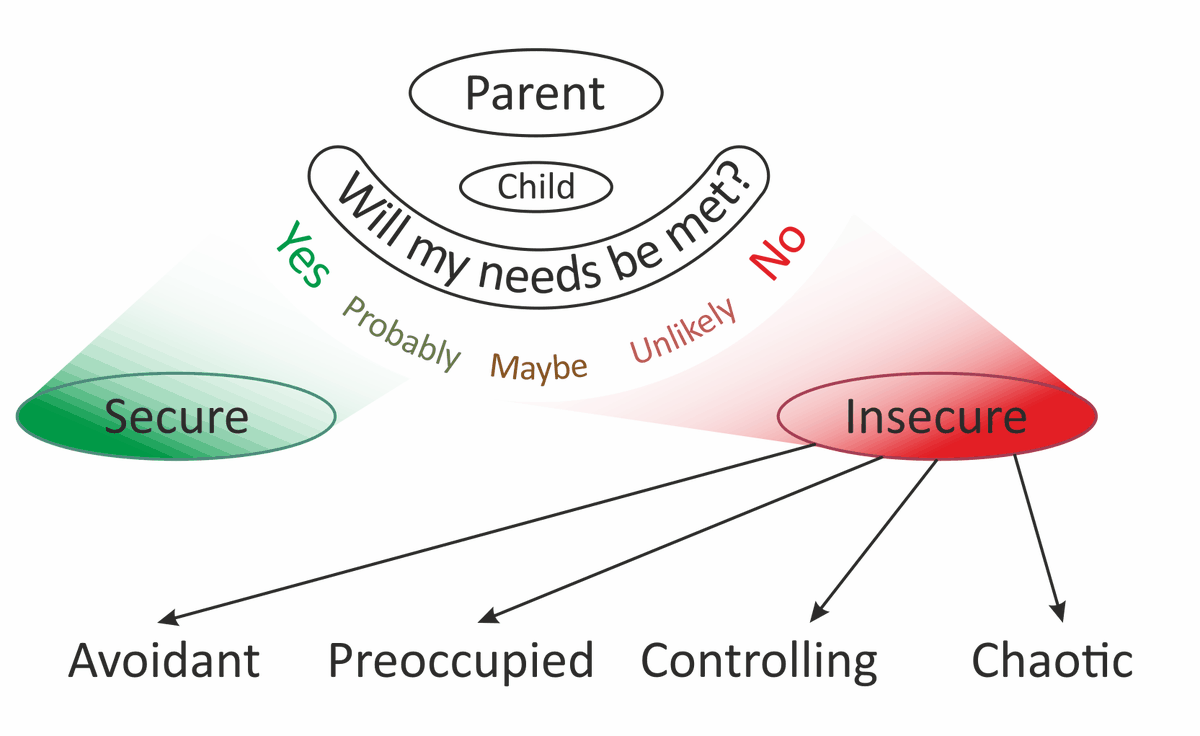
Love addiction is another way to see it.
Not just emotional hunger—
but chemical.
Pia Mellody showed how we try to regulate our nervous systems through others.
And when those people pull away,
our entire system crashes.

Not just emotional hunger—
but chemical.
Pia Mellody showed how we try to regulate our nervous systems through others.
And when those people pull away,
our entire system crashes.
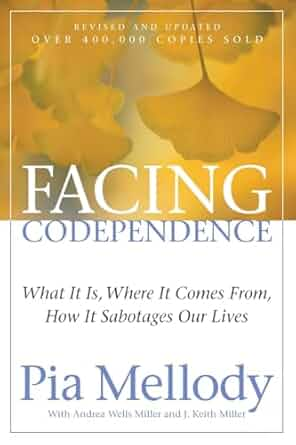
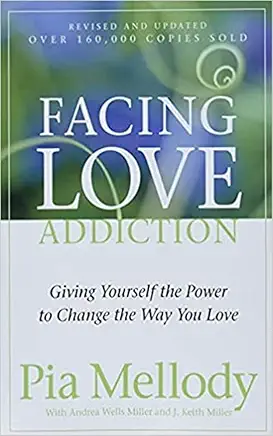
In a University of Texas study, 80% of people who survived serious suicide attempts said a romantic breakup was the cause.
This isn’t drama.
It’s a dysregulated attachment system.
And it hurts like hell.
This isn’t drama.
It’s a dysregulated attachment system.
And it hurts like hell.
Most of us walk around asking:
“Who’s going with me?”
Before we ever ask:
“Where am I going?”
So we give ourselves away—again and again—
trying to get that one question answered:
Am I lovable?
Of course you're loveable, but here's the Quiz
wikihow.com/Relationships/…
“Who’s going with me?”
Before we ever ask:
“Where am I going?”
So we give ourselves away—again and again—
trying to get that one question answered:
Am I lovable?
Of course you're loveable, but here's the Quiz
wikihow.com/Relationships/…

Love addiction, codependency, even achievement addiction—
They all function the same:
We use something outside of us
to avoid what we’re terrified to feel inside.
And it works.
Until it doesn’t.
They all function the same:
We use something outside of us
to avoid what we’re terrified to feel inside.
And it works.
Until it doesn’t.
There is a way out.
But it doesn’t come from more effort, more control, or a better partner.
It comes through support.
Somatic healing.
Community.
Grief work.
We were wounded in groups.
We heal in groups.
But it doesn’t come from more effort, more control, or a better partner.
It comes through support.
Somatic healing.
Community.
Grief work.
We were wounded in groups.
We heal in groups.
Healing means coming back to yourself.
To the part of you that existed before you believed you had to earn love.
It means grieving what you didn’t get.
Feeling it in your body.
And learning to sit with it—without running.
To the part of you that existed before you believed you had to earn love.
It means grieving what you didn’t get.
Feeling it in your body.
And learning to sit with it—without running.
You’re not too broken.
You’re not too much.
You’re just wounded.
And you’re allowed to heal.
Let others walk with you.
Until you remember how to love yourself.
Without needing to be rescued.
You’re not too much.
You’re just wounded.
And you’re allowed to heal.
Let others walk with you.
Until you remember how to love yourself.
Without needing to be rescued.
The Inner Work Community opens for enrollment next week.
But in the meantime, here's a free course to help you start living authentically.
There's a big discount for the Inner Work Community on days 4 and 5.
Free 5-day course: “Emotional Integrity 101”
offers.drbobbeare.com/emotional-inte…
But in the meantime, here's a free course to help you start living authentically.
There's a big discount for the Inner Work Community on days 4 and 5.
Free 5-day course: “Emotional Integrity 101”
offers.drbobbeare.com/emotional-inte…
👉Thanks for reading.
👉If you enjoyed this, please follow me and repost the first post (below).
👉Reply with your thoughts on body-focused healing.
👉If you enjoyed this, please follow me and repost the first post (below).
👉Reply with your thoughts on body-focused healing.
https://x.com/drbobbeare/status/1958514570458173878
• • •
Missing some Tweet in this thread? You can try to
force a refresh






